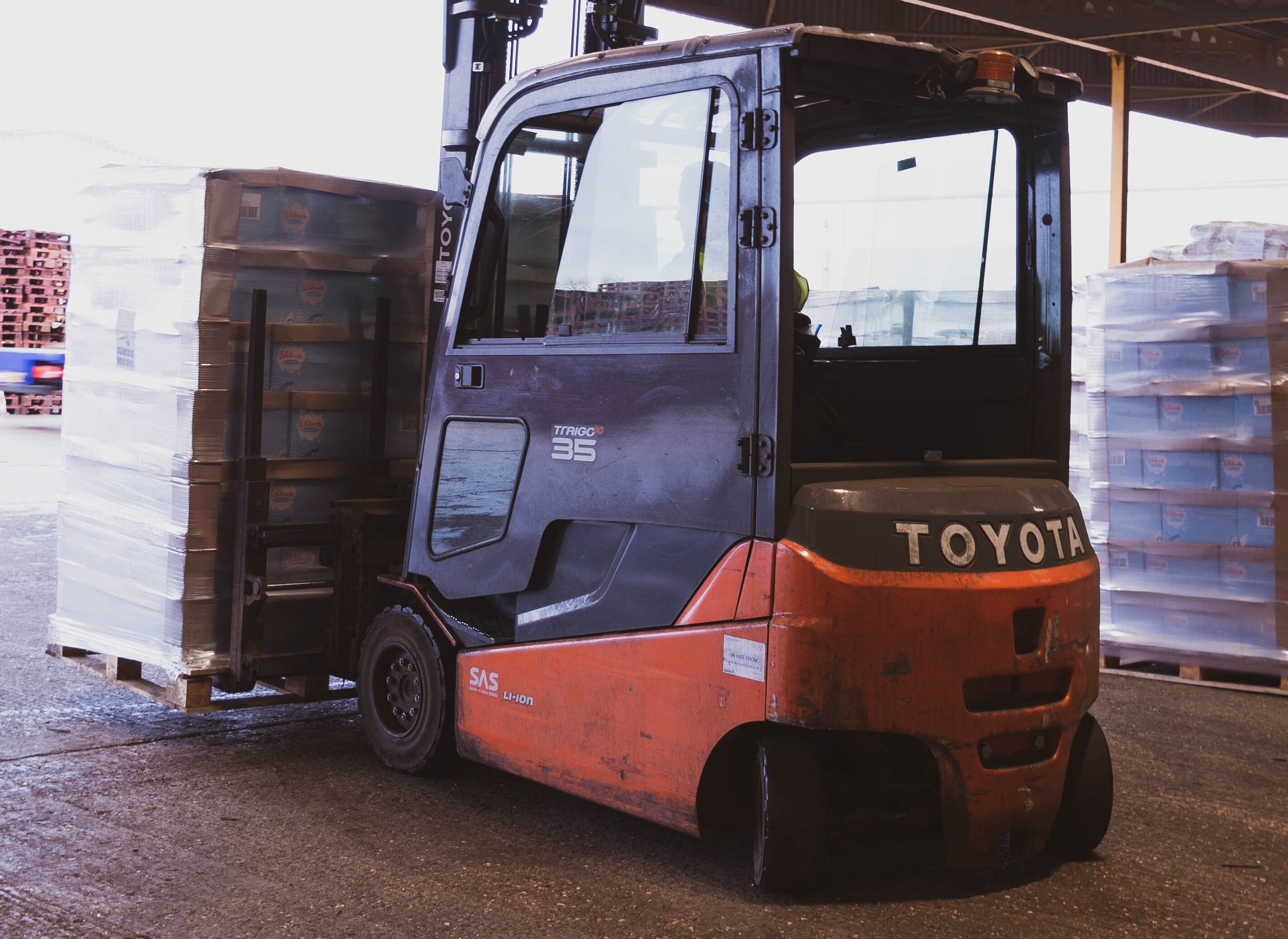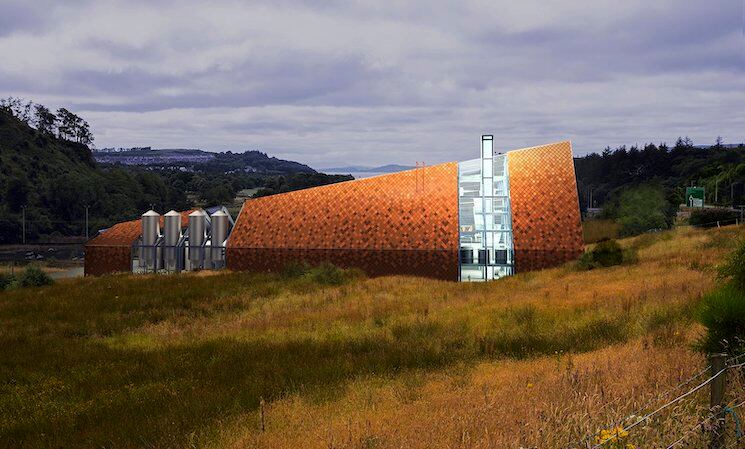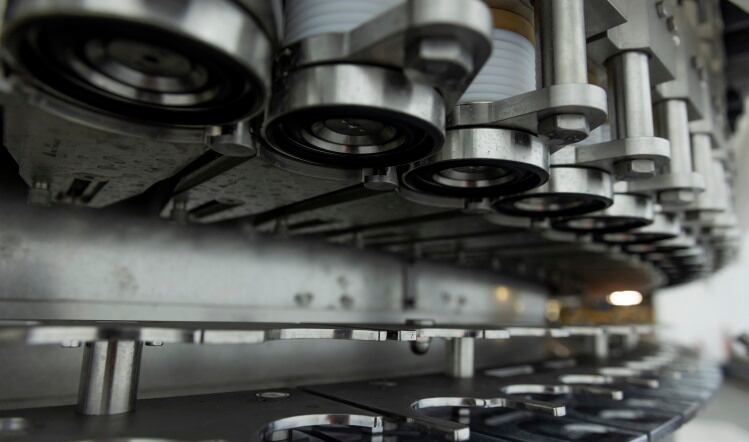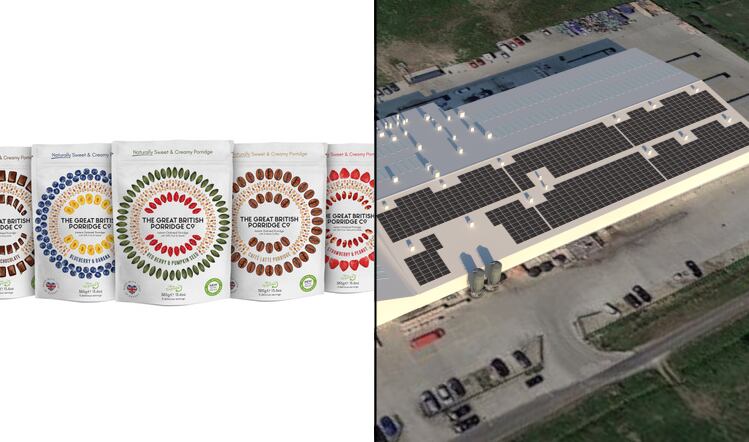The company has been supplied with 27 new three- and four-wheeled counterbalance forklifts from Toyota, along with a number of powered pallet trucks, reach trucks and stackers – all powered by lithium-ion battery technology.
Whitworths said the switch had delivered significant productivity gains, thanks in part to the removal of the time-consuming process of refilling gas bottles present in the older equipment.
Reducing downtime
As outbound front line manager Jim Rattan explained: “Our old LPG [liquefied petroleum gas] counterbalance trucks had to have their gas bottle topped-up at least once every shift which meant 15 minutes of truck downtime every time a refill was required.”
Availability of trucks has also increased as a result – lithium-ion batteries allow for ‘opportunity charging’, which means the trucks can be recharged anywhere on site during breaks in a shift or other periods of operator downtime.
Demand for lithium-ion battery tech has been on the rise for some time, according to Toyota key account manager Jeff Morley – a trend driven by heightened environmental concerns, rising fuel prices and greater awareness of staff welfare.
Lithium-ion future
“In fact, nearly a quarter of all Toyota electric-powered forklift trucks ordered for delivery in the UK now feature Lithium-Ion battery technology,” he added.
“After listening to [Whitworths’] needs, were confident that switching to lithium-ion battery power would bring real operational benefits to the company. This has proved to be the case.”
Whitworths is one of many food and drink firms that have turned to sustainable solutions for their forklift truck fleets.
In November last year, premium soft drinks company Belvoir Farm announced a raft of improvements to its Leicestershire factory to help drive down its carbon footprint.
One such improvement was the use of biogas for its forklift truck fleet, with plans to eventually replace this with hydrogen.





